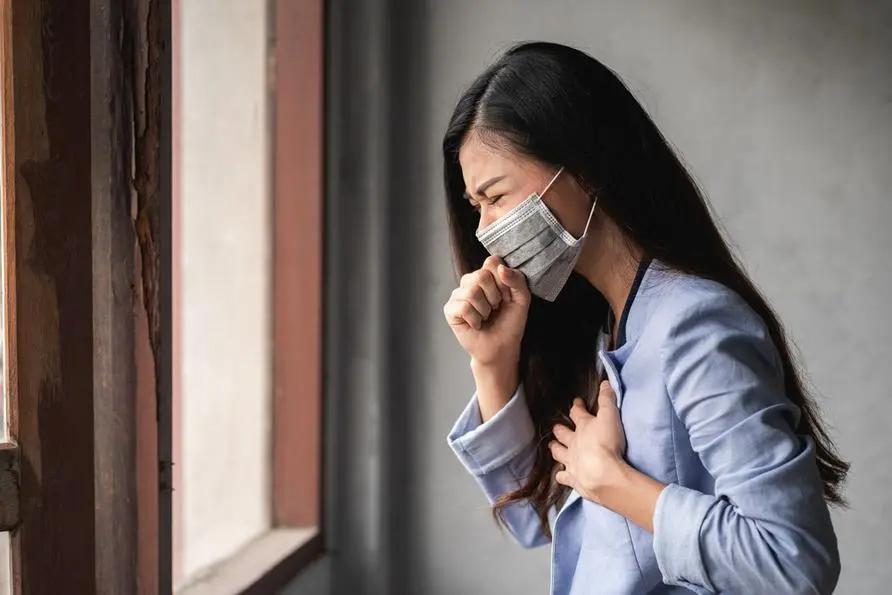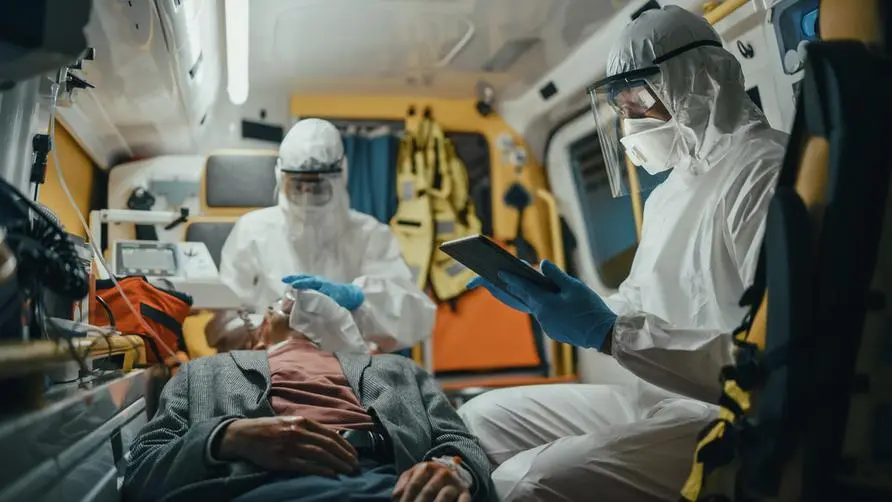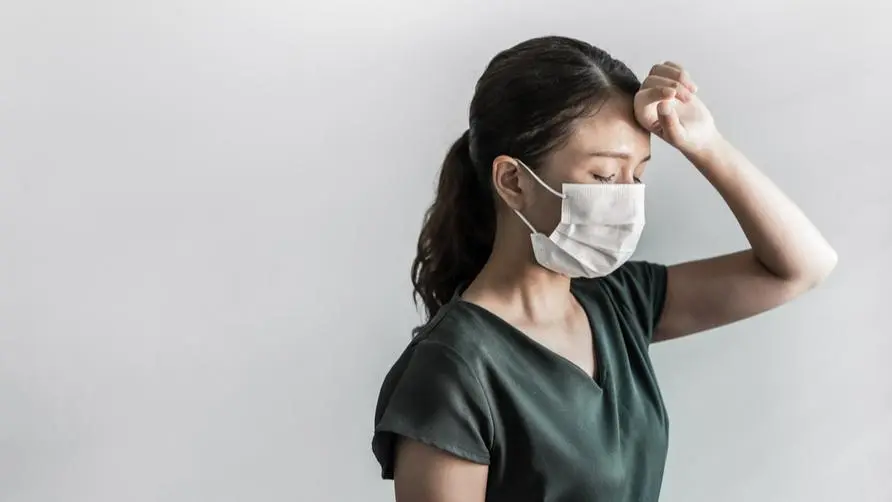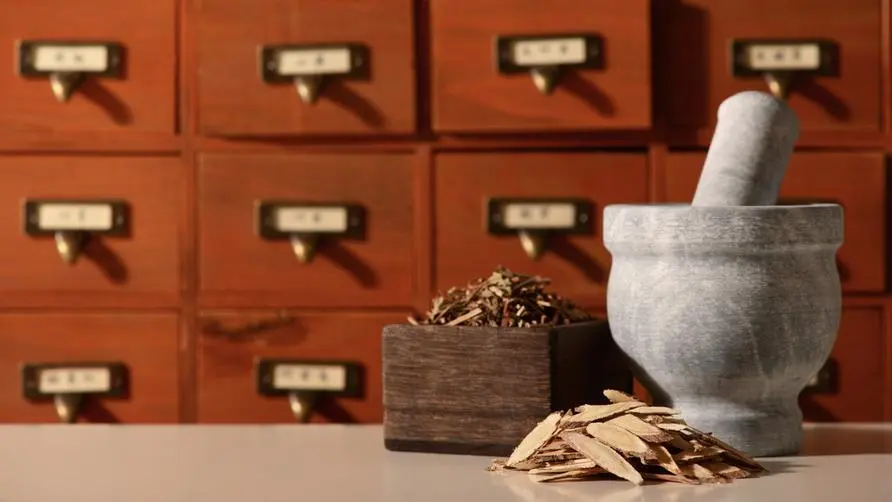Is a dry cough and dry pain a confirmed diagnosis? How to distinguish COVID-19 from a cold? Pay attention if your sputum appears this color

How to distinguish a cold from a COVID-19 cough? Should you be careful about dry cough and dry pain?
Currently, there are more and more confirmed cases of COVID-19 in Taiwan, but fortunately, we already have the experience of other countries that we can use as a reference. Based on foreign experience, hospitalization rates and severe illness rates have indeed declined, and initial symptoms usually include cough, sore throat, fever, body aches, runny nose, nasal congestion, headache, fatigue, and dizziness. At the same time, foreign research shows that Omicron virus is less aggressive to the lungs and will mainly affect the upper respiratory tract, with fewer pulmonary symptoms.
In the past few days, in addition to the severe sore throat that Internet celebrities experienced after being diagnosed, many patients are also discussing the very common cough symptom. So, is COVID-19 cough any different from a common cold?
Theoretically, it should be difficult to distinguish between the two based on cough patterns. However, when the invasion site is relatively close to the upper respiratory tract, and it is easy to be inflamed in the throat and cause mild dehydration, the patient will indeed feel more dry cough and dry pain. But this cannot be used as the difference between the two. It is better to use contact history and rapid screening to make a distinction.
In addition to dry cough, some patients also have sticky sputum. However, I still want to remind everyone that when coughing up sputum, you should pay attention to the color of the sputum. Generally, it does not matter if it is transparent or white. If it appears dark yellow or yellow-green, you need to pay special attention to whether it is complicated by bacterial infection. In addition, when coughing or sputum, do not use excessive force to avoid causing mucosal rupture and bloodshot sputum.
As for whether to cough up phlegm or not? In fact, unless the purulent phlegm is severe enough to block the respiratory tract, it is generally okay for a small amount of phlegm to be swallowed and digested by the gastrointestinal tract. However, when you have symptoms, you can take some cough and phlegm medicines to make your body more comfortable, and you can also take a good rest to restore your immunity.
Judging from the current rising diagnosis rate in Taiwan, if you already have respiratory symptoms or any symptoms of physical discomfort, you can actually perform quick screening at home first. However, when doing quick screening, it is recommended to let the test stick go as deep into your nose as possible. Reduce false negatives.
Don’t panic too much in the event of a positive rapid test, after all, more than 99.7% of cases are mild or asymptomatic. Unless you belong to a high-risk group (over 80 years old, have multiple chronic diseases, are undergoing cancer chemotherapy, dialysis patients, or other groups with low immunity), then you should pay more attention to changes in your blood oxygen, blood pressure, body temperature, and symptoms. . If you have symptoms such as shortness of breath, chest tightness and chest pain, changes in consciousness, etc., please be sure to go to the hospital emergency department for help.
When taking care of confirmed cases at home, you need to pay attention to your physical condition at all times. If your blood oxygen concentration is less than 90%, your heartbeat exceeds 120 beats per minute, your blood pressure exceeds 150 mmHg, and your body temperature continues to be high and exceeds 39 degrees, you need to be particularly careful. situation.
If you have the above symptoms and severe physical discomfort, it is still recommended to go to the hospital. But you can try taking antipyretics first, drinking plenty of water, or even breathing some high-concentration oxygen. Maybe these measures will make you feel more comfortable.
In the face of the epidemic, everyone does not need to panic too much. Make various basic epidemic prevention preparations on weekdays and improve your immunity so that you and your family can better survive this relatively turbulent time.
Further reading:




